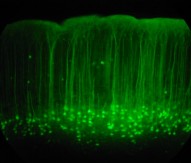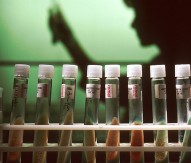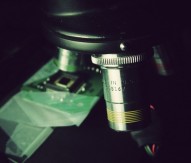
Braunschweig gets second advanced grant for boron study
Chemist Holger Braunschweig has joined an elite club of European researchers who have been awarded a second advanced grant, the largest research grant offered by the European Research Council (ERC).
Braunschweig, professor of inorganic chemistry at the University of Würzburg, Germany, will receive €2.5m in order to explore an unprecedented, comprehensive research programme based on multiple bonding between boron atoms, a phenomenon that until recently was extremely difficult to realise in a laboratory.
Braunschweig’s research group discovered the first molecule with a boron-boron triple bond in 2012, and this breakthrough, along with other discoveries from his laboratory, has repeatedly reinforced the idea that organic chemistry and boron chemistry are not as different as initially thought.
Boron-boron multiple bonding has already been used in the synthesis of highly reactive radicals, polymers, highly coloured and luminescent molecules, and in reactions of industrially relevant gases such as carbon monoxide and hydrogen. The financing from the ERC will be used to fully exploit the unusual reactivity and properties of these molecules, with an eye towards applications in electronics and materials chemistry.
Braunschweig’s first ERC advanced grant was awarded in 2011 to support research into multiple bonds between boron and metals.




